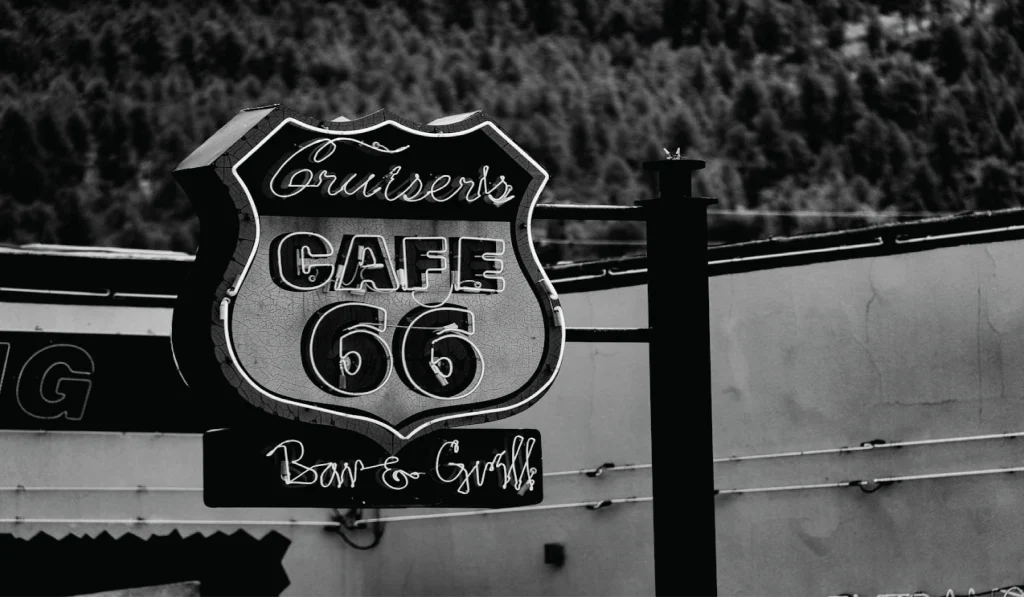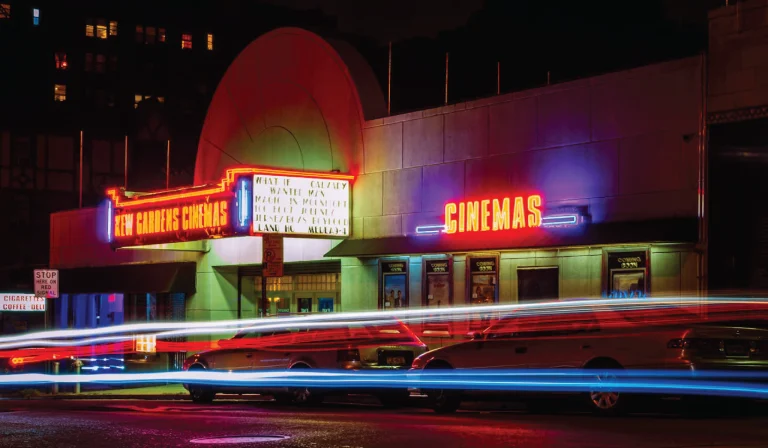Octane Bar and Grill A Story of Transformation and Lessons in Hospitality

The story of Octane Bar and Grill is a fascinating journey of highs and lows, demonstrating the challenges and opportunities in the hospitality industry. Known initially as Angry Ham’s Garage, the establishment went through a dramatic transformation after being featured on the popular reality TV show Bar Rescue. This article explores the history, the changes introduced during its rebranding, and the eventual closure of Octane Bar and Grill, providing valuable lessons for business owners in the food and beverage industry.
The Beginning: Angry Ham’s Garage
Angry Ham’s Garage, located in Framingham, Massachusetts, was co-owned by Tim Hanna, Lyndon Byers (a former NHL player), and Richie Olson. The bar initially aimed to attract a local clientele with its automotive garage theme, offering drinks and pub-style food in a casual setting. Its name, “Angry Ham’s,” played on a local nickname for Framingham residents, giving it a quirky, relatable identity.
However, the bar soon ran into trouble. Despite its unique theme, Angry Ham’s Garage struggled to attract and retain customers. Financial mismanagement, operational inefficiencies, and a deteriorating reputation within the community led to significant challenges. The bar’s owners decided to seek external help, leading to their appearance on Bar Rescue in 2011.
The Bar Rescue Experience
When Angry Ham’s Garage was featured on Bar Rescue, host Jon Taffer identified several critical issues that were holding the business back. The episode, titled “Hogtied Ham’s,” highlighted the following problems:
1. Financial Mismanagement
Staff at the bar were frequently giving away free drinks, leading to significant revenue losses. Poor oversight of finances compounded the issue, pushing the bar closer to bankruptcy.
2. Negative Community Perception
The bar’s reputation in the local community was less than stellar. Noise complaints, altercations, and a perceived lack of professionalism made it challenging to attract families or upscale clientele.
3. Lack of Vision and Leadership
Disagreements among the owners about the direction of the business created confusion and inefficiency. Without a unified vision, the staff lacked proper guidance.
The Transformation: From Angry Ham’s Garage to Octane Bar and Grill
Jon Taffer’s intervention led to significant changes, both in the physical space and in the operational structure of the bar. The rebranding efforts aimed to address the core issues while providing a fresh start for the business.
1. Rebranding and Name Change
The bar was renamed Octane Bar and Grill, shedding the “Angry Ham’s” moniker and its associated negative reputation. The new name aimed to convey a high-energy atmosphere while appealing to a broader audience.
2. Interior Redesign
The automotive theme was toned down, and the bar’s interior was redesigned to create a more inviting and polished ambiance. Modern décor and improved seating arrangements were introduced to attract a wider demographic.
3. Menu Overhaul
The menu was revamped to focus on quality offerings. Items such as the “Ham” Burger and Nitrous Fries were added, creating a blend of creative and traditional dishes to appeal to patrons.
4. Operational Changes
Staff training was prioritized to improve service quality and reduce waste. Systems were put in place to monitor inventory and ensure financial accountability.
Initial Success and Challenges
The immediate aftermath of the transformation brought positive results. Sales reportedly increased by 25%, and the bar experienced its first profitable period since opening. The changes revitalized interest among local patrons, and for a time, Octane Bar and Grill seemed poised for long-term success.
However, challenges soon resurfaced:
1. Community Issues
Despite the rebranding, Octane Bar and Grill struggled to repair its relationship with the local community. Incidents such as noise complaints and altercations continued to tarnish its image.
2. Staff Turnover
The hospitality industry is notorious for high staff turnover, and Octane Bar and Grill was no exception. Frequent changes in personnel disrupted consistency in service quality.
3. Operational Inefficiencies
Although Jon Taffer’s interventions provided a strong foundation, the owners faced difficulties maintaining the new standards. Without consistent leadership and management, the bar’s performance began to decline.
The Closure of Octane Bar and Grill
In mid-2019, Octane Bar and Grill closed its doors permanently. The reasons for its closure included:
- Ongoing financial struggles despite initial post-rebranding success.
- Inability to fully resolve community and operational challenges.
- The competitive nature of the hospitality industry demands constant innovation and adaptability.
Lessons Learned from Octane Bar and Grill
The rise and fall of Octane Bar and Grill offer valuable insights for entrepreneurs in the bar and restaurant industry:
1. The Importance of Strong Leadership
A clear and unified vision from ownership and management is crucial for any business. Disagreements or a lack of direction can lead to operational inefficiencies and hinder long-term success.
2. Consistency Is Key
Rebranding can provide a temporary boost, but sustaining success requires consistency in quality, service, and customer engagement.
3. Engage with the Community
A business must maintain positive relationships with its local community. Addressing concerns, participating in local events, and fostering goodwill can help build a loyal customer base.
4. Adaptability in a Competitive Market
The hospitality industry is constantly evolving. Businesses must stay attuned to customer preferences and market trends to remain relevant.
5. Monitor Financial Health
Proper financial management, including inventory control and cost monitoring, is essential to maintaining profitability.
Conclusion
The story of Octane Bar and Grill is a testament to the challenges of operating a bar in a highly competitive and dynamic industry. While the transformation of Bar Rescue provided a much-needed lifeline, sustaining success required continuous effort, strong leadership, and community engagement. Unfortunately, despite its promising rebranding, Octane Bar and Grill was unable to overcome its longstanding issues, leading to its eventual closure.
For aspiring bar and restaurant owners, Octane’s journey underscores the importance of strategic planning, adaptability, and building strong relationships with both customers and staff. By learning from its successes and failures, future entrepreneurs can better navigate the complexities of the hospitality industry.
For More: JourneyExpect





